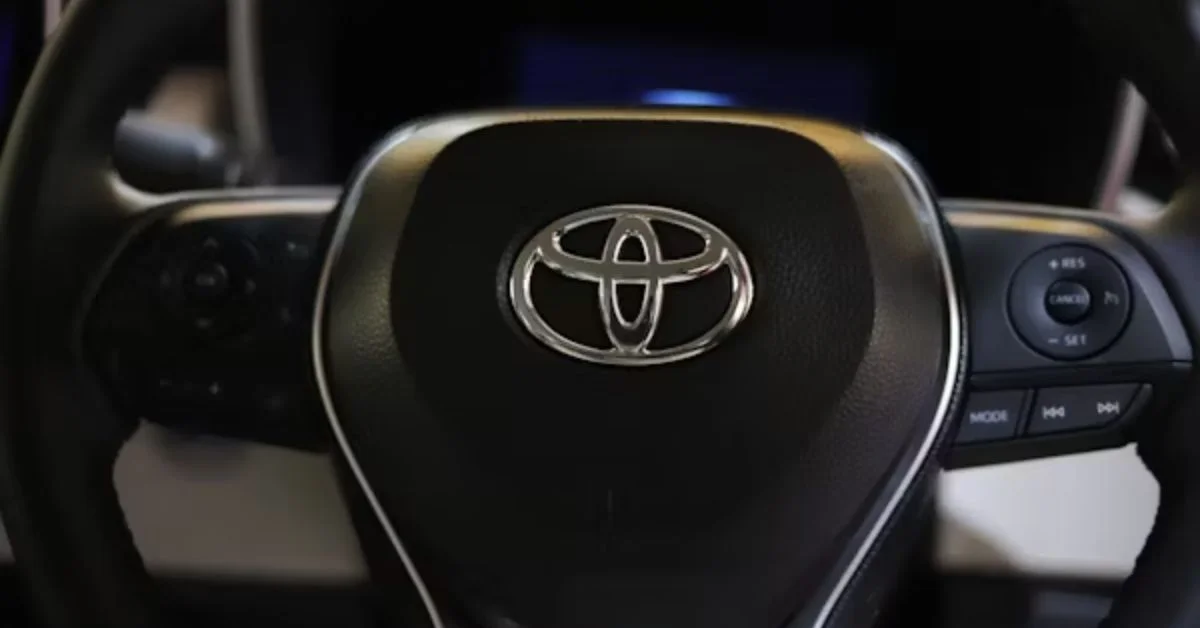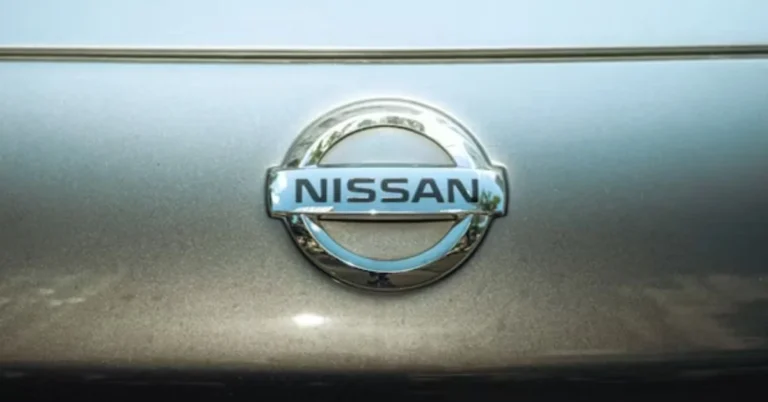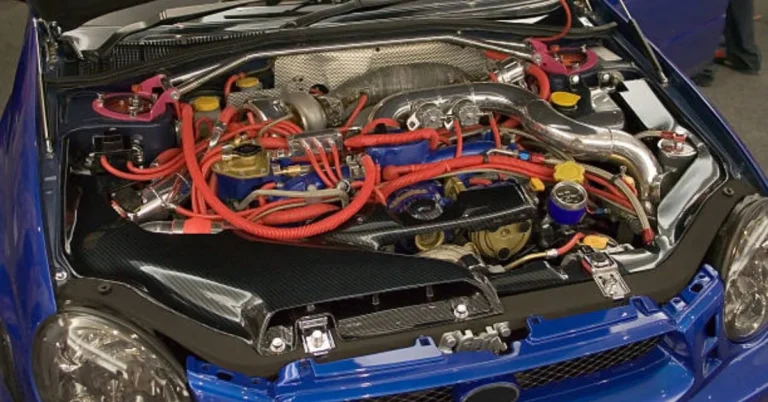
The Toyota 4Runner is one of the most recognized and reliable SUVs in the automotive world, renowned for its rugged build, off-road strength, and family-friendly versatility. Among its many attributes, one of the most frequently asked questions by buyers and owners is: what is the towing capacity of the Toyota 4Runner?
Towing capacity is not just a number printed in brochures. It represents how much weight the SUV can safely pull behind it—whether that be a boat for a weekend lake trip, a camper for extended adventures, or utility trailers for work and travel. Understanding the towing capacity of the 4Runner is crucial for safety, efficiency, and getting the most value out of the vehicle.
This guide takes a deep dive into every aspect of the Toyota 4Runner’s towing abilities. We’ll cover its mechanical foundations, trim-level differences, practical towing scenarios, safety considerations, maintenance tips, and real-world performance insights.
What Does Towing Capacity Mean?
Before breaking down the 4Runner specifically, it’s essential to clarify what towing capacity means.
- Towing Capacity: The maximum weight a vehicle can pull behind it.
- Payload Capacity: The weight inside the vehicle (passengers + cargo).
- Gross Vehicle Weight Rating (GVWR): The maximum weight of the vehicle when fully loaded.
- Gross Combined Weight Rating (GCWR): The maximum weight of the vehicle and the trailer combined.
For safe driving, the trailer weight should never exceed the rated towing capacity. Exceeding this not only risks damaging the engine, suspension, and transmission but can also create dangerous handling conditions on the road.
Toyota 4Runner Overview
The Toyota 4Runner has been in production since the mid-1980s, originally introduced as a compact SUV but gradually evolving into the mid-size, body-on-frame powerhouse it is today. Unlike many modern SUVs that rely on car-like unibody construction, the 4Runner retains a traditional truck-based platform, making it more durable for heavy loads and off-road challenges.
Key strengths that support its towing capacity include:
- Robust 4.0L V6 Engine: Provides consistent torque and horsepower.
- Body-on-Frame Design: Increases durability under towing stress.
- Available 4WD Systems: Enhances traction when towing in different terrains.
- Integrated Towing Hitch Receiver: Designed for safe trailer connections.
Toyota 4Runner Towing Capacity by Model Year
The towing capacity of the Toyota 4Runner has remained relatively stable across recent generations, though small differences may appear depending on trim levels and equipment.
| Model Year | Engine | Drivetrain | Max Towing Capacity | Notes |
|---|---|---|---|---|
| 2010–2013 | 4.0L V6 | RWD/4WD | 5,000 lbs | Standard across trims |
| 2014–2019 | 4.0L V6 | RWD/4WD | 5,000 lbs | Minor upgrades in features |
| 2020–2025 | 4.0L V6 | RWD/4WD | 5,000 lbs | Standard integrated hitch, improved safety tech |
Across the board, most modern Toyota 4Runners are rated for up to 5,000 pounds of towing capacity when properly equipped.
Engine and Performance Factors Affecting Towing
The Toyota 4Runner’s ability to tow reliably is grounded in its engine and transmission setup.
- 4.0L DOHC V6 Engine: Produces around 270 horsepower and 278 lb-ft of torque, which is critical for moving heavy loads.
- 5-Speed Automatic Transmission: Optimized for smooth gear changes when towing, though less modern compared to rivals.
- Rear-Wheel Drive or 4WD Options: Both available, with 4WD offering better handling for off-road or slippery conditions.
- Cooling Systems: Designed to manage engine heat while towing uphill or under load.
These factors make the 4Runner more than capable of hauling medium-weight trailers while maintaining reliability and stability.
Trailer Types the 4Runner Can Tow
To understand the towing limit better, it helps to look at real-world examples of what a 4Runner can tow within its 5,000-pound maximum capacity:
| Trailer Type | Average Weight | Towable with 4Runner? |
|---|---|---|
| Small Utility Trailer | 1,000–2,000 lbs | ✅ Yes |
| Jet Ski Trailer | 1,200–1,800 lbs | ✅ Yes |
| Small Travel Trailer | 2,500–4,000 lbs | ✅ Yes |
| Boat Trailer (medium) | 3,000–4,500 lbs | ✅ Yes, with caution |
| Large RV Trailer | 6,000–10,000 lbs | ❌ No |
| Large Horse Trailer | 7,000–12,000 lbs | ❌ No |
The 4Runner is not designed for extremely heavy-duty trailers like large fifth-wheel RVs or heavy horse trailers, but it handles medium-sized loads comfortably.
Trim-Level Considerations for Towing
While the engine and towing capacity remain constant across trims, differences in suspension, tires, and features can influence how well a 4Runner handles towing.
- SR5: Balanced daily driver, suitable for light towing.
- TRD Off-Road: Built for rugged conditions, ideal for towing in uneven terrain.
- Limited: More comfort-oriented but equally capable for towing.
- TRD Pro: Off-road emphasis with advanced suspension but still limited to 5,000 lbs towing.
Each trim provides the same base towing capability but offers different experiences depending on whether comfort, off-road adventure, or utility is the priority.
Towing Safety Features in the Toyota 4Runner
Toyota integrates several features that enhance towing safety:
- Trailer-Sway Control (TSC): Helps stabilize the trailer by automatically adjusting brakes and engine torque.
- Integrated Hitch Receiver: Standard in most trims.
- Heavy-Duty Alternator: Supports electrical demands from trailers.
- Hill Start Assist & Downhill Assist Control: Prevents rollback on steep inclines while towing.
These features ensure that even less experienced drivers can manage trailers safely.
Towing vs. Payload in the 4Runner
It’s essential to understand the relationship between towing and payload.
- Payload Capacity: Around 1,500 pounds, which includes passengers, cargo, and tongue weight (the downward force of the trailer on the hitch).
- Tongue Weight Rule: Should be 10–15% of the trailer’s total weight.
For example, towing a 4,500-pound trailer would add about 450–675 pounds of tongue weight to the 4Runner. If passengers and cargo add another 800 pounds, the SUV may approach its GVWR, so careful planning is required.
Fuel Economy Considerations While Towing
The Toyota 4Runner is not primarily designed for fuel efficiency, especially when towing.
- Normal MPG: Around 16–19 MPG combined.
- Towing MPG: May drop to 10–13 MPG depending on load and driving conditions.
Owners should plan for frequent refueling during long-distance towing trips.
Maintenance Tips for Safe Towing
To maximize towing performance and longevity, Toppinger-style care should be applied to the 4Runner:
- Check Tire Pressure: Low pressure increases sway risks.
- Inspect Brakes Regularly: Braking demands increase when towing.
- Monitor Transmission Fluid: Overheating is more likely under heavy loads.
- Grease Hitch Components: Ensures smooth and safe trailer attachment.
- Regular Engine Checks: Especially cooling system and belts.
Preventive maintenance significantly reduces the risks of breakdowns while hauling.
Real-World Towing Scenarios
- Family Camping Trip: A 4Runner towing a 3,500-pound camper trailer is well within limits, allowing safe and comfortable travel.
- Boating Adventure: Pulling a 20-foot boat weighing 4,200 pounds is possible, though extra caution is needed for steep ramps.
- Worksite Utility: Small equipment trailers weighing 2,000–3,000 pounds are easily handled by the 4Runner.
These examples demonstrate the versatility of the 4Runner as both a family SUV and a utility vehicle.
Advantages of the Toyota 4Runner for Towing
- Durability: Body-on-frame design withstands heavy use.
- Reliability: Toyota’s reputation for long-lasting vehicles adds confidence.
- Off-Road Capability: Ideal for adventurous towing beyond highways.
- Balanced Design: Suitable for both family trips and utility needs.
Limitations of the Toyota 4Runner for Towing
- Lower Towing Limit: 5,000 lbs is modest compared to competitors like the Ford Explorer (up to 5,600 lbs) or Jeep Grand Cherokee (up to 7,200 lbs).
- Fuel Economy: Drops significantly under load.
- Older Transmission Technology: Less refined than some modern 8–10 speed units.
While the 4Runner is dependable, it is not meant to replace a full-size truck for heavy-duty towing.
Comparison with Other SUVs
| Vehicle | Max Towing Capacity | Notes |
|---|---|---|
| Toyota 4Runner | 5,000 lbs | Reliable, rugged, moderate towing |
| Ford Explorer | 5,600 lbs | More modern drivetrain, slightly higher towing |
| Jeep Grand Cherokee | 7,200 lbs | Strongest competitor for towing |
| Honda Pilot | 5,000 lbs | Family-oriented, less rugged |
| Chevy Tahoe | 8,400 lbs | Full-size SUV, heavy-duty towing |
The 4Runner sits in the mid-range of SUV towing capability, excelling in off-road durability but lagging behind some rivals in raw towing numbers.
Long-Term Ownership and Towing Performance
Owners report that the Toyota 4Runner maintains consistent towing ability even after years of use, provided maintenance is regularly performed. Its reputation for longevity and dependability means that a properly cared-for 4Runner can tow reliably for 200,000 miles or more.
Conclusion
The Toyota 4Runner may not have the highest towing capacity in its class, but its 5,000-pound towing rating is more than adequate for the majority of recreational and utility trailers. Backed by Toyota’s legacy of durability, a rugged body-on-frame design, and advanced towing safety features, the 4Runner is a dependable choice for families, adventurers, and outdoor enthusiasts alike.
Whether you’re hauling a small camper, boat, or utility trailer, the 4Runner offers a balanced combination of capability, reliability, and confidence on the road.
FAQs
1. What is the maximum towing capacity of the Toyota 4Runner?
The maximum towing capacity is 5,000 pounds across most recent model years when properly equipped.
2. Can the Toyota 4Runner tow a camper trailer?
Yes, it can tow small to medium camper trailers weighing up to around 4,500 pounds.
3. Does trim level affect the towing capacity of the 4Runner?
No, all trims share the same 5,000-pound capacity, though suspension and features may influence towing comfort.
4. How does towing affect fuel economy in the 4Runner?
Fuel economy drops significantly, often ranging between 10–13 MPG while towing heavy loads.
5. Is the 4Runner a good option for frequent heavy towing?
For moderate towing, yes. However, for frequent heavy towing beyond 5,000 pounds, a full-size SUV or truck is better suited.
For more information, click here.







